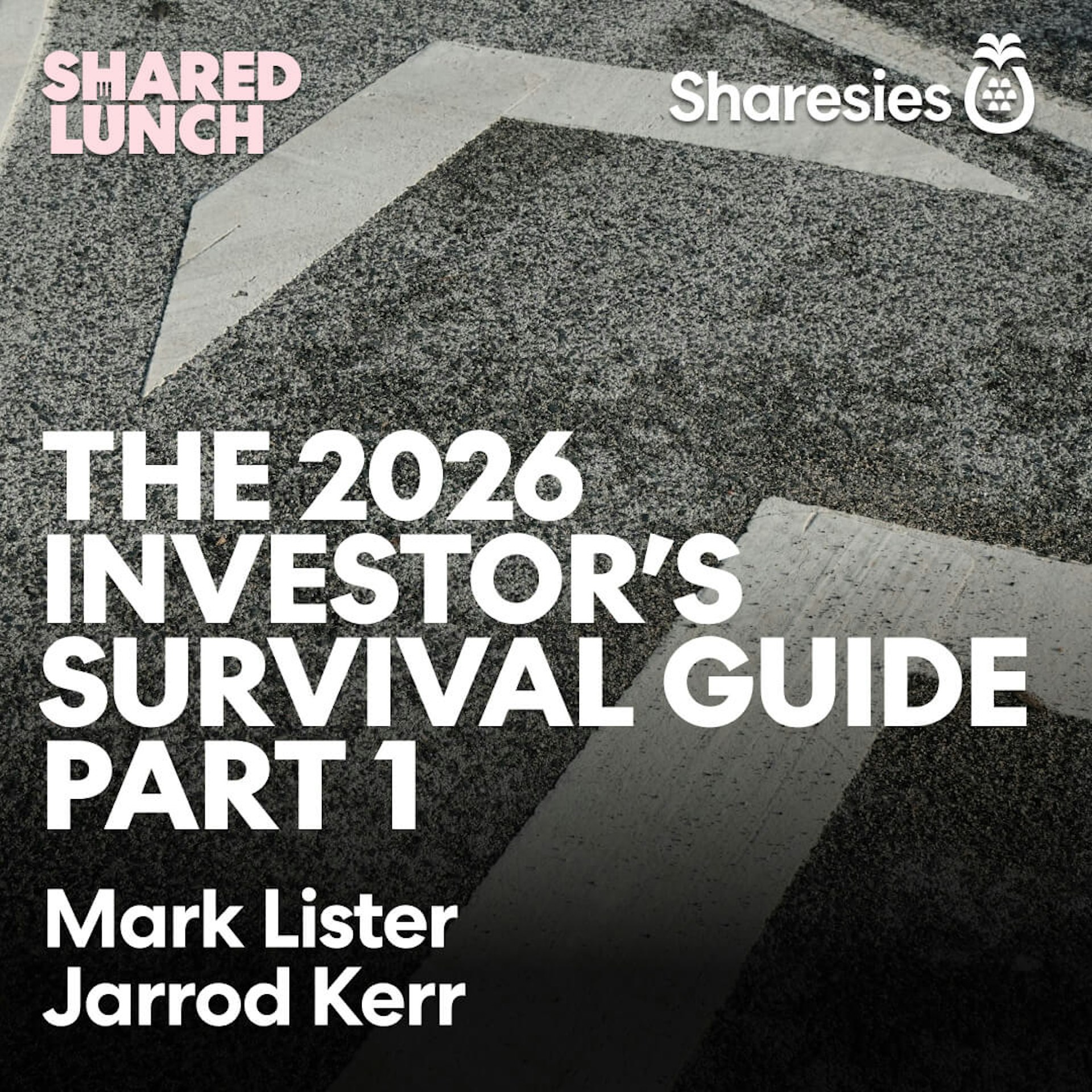What’s capital, and why does it matter?
Capital is one of the core ideas of investing. It’s one of the reasons why we, as investors, have investment opportunities available to us.

Capital is essentially money on hand. It’s cash (or assets that can easily be turned into cash) that a company can use to pay for its day-to-day expenses and invest in its future growth. But capital can also sometimes refer to the company’s assets that can be used to generate revenue—such as land, buildings, or equipment.
Capital is important because it enables a company to operate and expand. Companies can use capital to invest in things that create value—which generally means that the more capital a company has, the more potential it has to grow.
When a company raises capital, it’s looking for more money so that it can keep pursuing its goals. Let’s look at how this happens.
Where the money comes from
Companies raise capital in a bunch of different ways, but the main ones are:
issuing some more shares—a company gets new or existing shareholders to put more money into the company, such as through an initial public offering (IPO) or share placement
taking on debt—a company borrows money and agrees to repay it at a later date
reinvesting its profits—putting some of its profits aside (instead of giving them to shareholders) and using those profits as capital.
All of these end up with the company getting more money to use.
But why does this matter? Why does a company need more than just ‘rainy day’ savings?
Where the investments go
When companies raise capital, they generally do so to invest in opportunities to grow their business. This is not that different from the way an individual invests to grow their wealth.
Where you might buy shares, bonds, or put your money in a savings account, companies typically invest in more specific things, such as:
opening a new factory (if they make physical goods)
expanding into a new region
creating a new product, or
hiring more people.
For example
In 2019, the Port of Napier listed on the NZX through an IPO to raise $150 million to pay for a new wharf. Rather than save up $150 million (which would have taken years), the port sold shares to get started on construction much sooner.
Different levels of risk
Of course, this doesn’t mean the companies with the most capital are guaranteed winners. Just like the investments individuals make, the investments companies make come with risk.
For example, in 2015 a financial risk insurer called CBL Corporation IPO’d on the NZX, raising money in the process. Initially it was seen as a success—in just a couple of years, its share price had nearly doubled. But in 2018, CBL Corporation went into receivership (another word for bankruptcy) because it stretched itself too thin investing the money it had raised.
No matter what a company invests in, the underlying principle is the same: a company with more capital available can invest in more growth than companies with less capital. But the outcome of that investment comes down to the skill of the people running the company.
How to apply this
You can apply this thinking when you're doing your due diligence. If a company is raising capital, they generally have to say why they’re raising it. Are they investing in growth? Or are they just shoring up rainy day money? Or some combination of the two?
If they’re investing in growth, you can have a think about how much value that growth could deliver. How risky is the investment? What is its potential upside?
At the end of the day, companies are really just investors—but at a larger scale than individuals. Like individuals, companies need to find money, take risks, and understand those risks. Then individual investors can decide whether they want to take part or not!
Sharesies is not affiliated or associated with the companies mentioned in this article. The mention of these companies is not a recommendation or endorsement in support of these companies by Sharesies. The information on these companies is provided for information only.
Ok, now for the legal bit
Investing involves risk. You might lose the money you start with. If you require financial advice, you should consider speaking with a qualified financial adviser, or seek independent legal, taxation, or other advice when considering whether an investment is appropriate for you. Past performance is not a guarantee of future performance. This content is brought to you by Sharesies Limited (NZ) in New Zealand and Sharesies Australia Limited (ABN 94 648 811 830; AFSL 529893) in Australia. It is not financial advice. Information provided is general only and current at the time it’s provided, and does not take into account your objectives, financial situation, and needs. We do not provide recommendations. You should always read the product disclosure documents available from the product issuer before making a financial decision. Our disclosure documents and terms and conditions—including a Target Market Determination and IDPS Guide for Sharesies Australian customers—can be found on our relevant NZ or Australian website.
Join over 930,000 people



